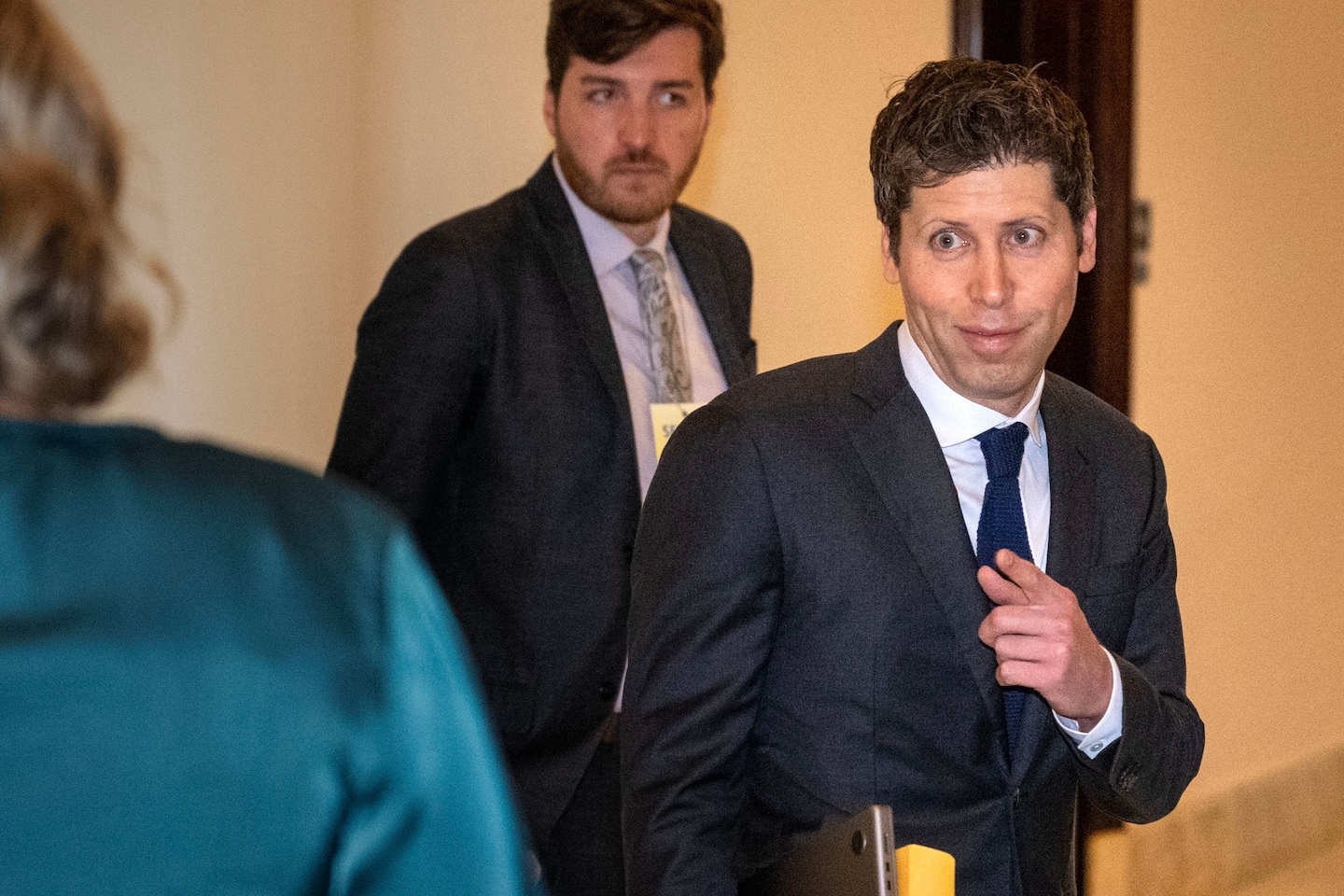Almost all of the employees at the artificial intelligence company are considering leaving their positions to join the recently ousted CEO, Sam Altman, at Microsoft. This development on Monday marks a significant chapter in the ongoing saga unfolding in Silicon Valley, causing uncertainty surrounding the future of OpenAI.
A source familiar with the situation revealed that over 700 out of approximately 770 employees have collectively expressed their intent to resign unless the current board takes action to remove Altman as the CEO. Interestingly, Ilya Sutskever, a prominent figure in the company and a key member of the board, who had previously voted for Altman’s removal, was among those who signed the letter.
In the letter addressed to the board, the employees stated, “Your recent actions have clearly demonstrated your inability to effectively lead OpenAI.” They emphasized that individuals lacking the necessary skills, judgment, and commitment to the company’s mission and its employees are not fit to be associated with the organization.
The potential mass departure of employees from OpenAI raises concerns about the lab’s future, marking a stark contrast to its previous standing as one of Silicon Valley’s most promising startups, valued at nearly $90 billion. This upheaval could create a void in the AI market, compelling numerous startups to seek alternative AI technology providers or face the risk of closure. Consequently, established tech giants may seize the opportunity to strengthen their hold on the rapidly evolving AI landscape, with Microsoft positioned to potentially attract top AI talent. However, the turmoil at OpenAI, which was in the process of transitioning its systems to Microsoft through a partnership, could impact the development of Microsoft’s upcoming AI products that heavily rely on OpenAI’s technology.
In response to the situation, Altman and Microsoft CEO Satya Nadella emphasized their commitment to ensuring the continued success of OpenAI. Despite these reassurances, discontent and frustration among OpenAI staff persist. Notable figures within the company, including senior AI researcher Jan Leike and several top executives such as Mira Murati, Brad Lightcap, Lillian Weng, and Jason Kwon, have supported the call for Altman’s removal. The departure of leading experts like Wojciech Zaremba, Alec Radford, and Bob McCrew, who have significantly contributed to the company, could pose challenges for OpenAI in competing with research facilities operated by tech giants like Facebook, Google, and AnthropicAI.
The recent events at OpenAI have unfolded rapidly, starting with Altman’s sudden dismissal as CEO by the board on Friday due to alleged lack of transparency in his communications. Subsequent discussions with Microsoft involving Altman and Greg Brockman, the original leader of OpenAI who resigned in solidarity with Altman, ultimately fell through. This triggered a tumultuous two-day period during which Altman contemplated returning to the company, only to be supported by the board’s decision to remove him and appoint Emmett Shear, the co-founder of a popular video game streaming service, as the interim CEO.
Sutskever, who initially supported Altman’s removal, reversed his stance on Monday following criticism from Silicon Valley insiders, expressing regret for his involvement in the decisions. Altman and Brockman endorsed Sutskever’s statement, signaling a complex web of alliances and conflicts within the company.
The public outpouring of support for Altman from various OpenAI members underscores the deep-rooted tensions and divisions within the AI industry regarding the pace of technological advancement and its implications for society. While OpenAI was initially established to counter the dominance of Big Tech in AI and promote ethical development, some industry observers believe that the company has veered off course by focusing on commercial products over its original mission.
The appointment of Shear as interim CEO signifies a pivotal moment for OpenAI, with plans to address the internal turmoil through an independent analysis and restructuring of the management team. Shear’s commitment to stabilizing the company and restoring trust among staff and customers reflects the challenges ahead in navigating this period of transition and uncertainty.






